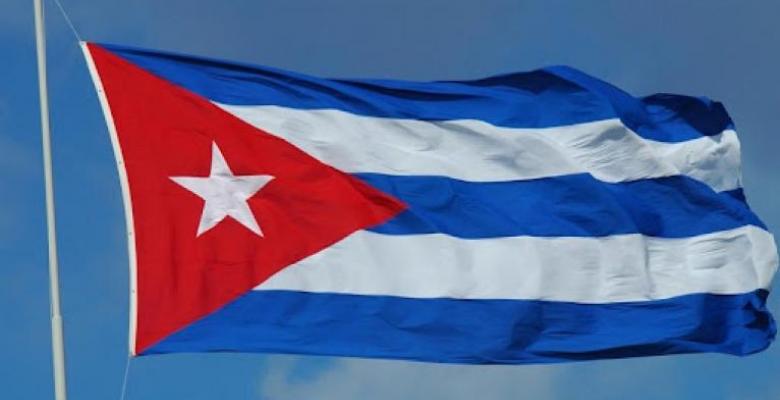Cuba in the BRICS
especiales

The official entry of Cuba as an associate member of BRICS on January 1, 2025 was turnpoint in the island's international policy. This achievement, recognized by Foreign Minister Bruno Rodríguez Parrilla on the social network X, reflects a strategic advance that challenges the historical efforts of isolation promoted by the United States. According to his words, this incorporation is an opportunity for Cuba to join a block that represents an economic, productive, and technological potential of global reach, in addition to sharing a vision of cooperation based on multilateralism.
The BRICS block, which now integrates more than 30 associated countries, is consolidating itself as an innovative platform for international consultation. In this context, Cuba not only strengthens its bilateral relations with countries like Russia, China, and Brazil, but also finds new ways to diversify its trade, attract investments and strengthen its capacity for technological development. This access opens crucial perspectives to overcome the economic crisis the island is facing, exacerbated by Washington's sanctions for more than six decades.
Cuba's inclusion in this strategic alliance also underlines its ability to contribute in key areas such as biotechnology, the production of medicines and the promotion of scientific and technological cooperation. These sectors, which have historically been pillars of Cuban development can find in BRICS an ideal scenario for their expansion. The Cuban contribution can strengthen the bloc's ties, demonstrating that even small nations can play significant roles on the international scene.
On the other hand, joining BRICS represents an act of sovereignty and resistance in the face of external pressures. The summit held in Kazan in 2024, where this new status was approved, symbolizes the opening of a path towards a more equitable and diversified integration for countries historically excluded from the main global economic structures. For Cuba, this step not only means the possibility of overcoming economic barriers, but also of participating in the construction of a more inclusive international order that is less dependent on the great Western powers.
Cuba's incorporation redefines its development prospects in an increasingly interconnected global context. This strategic movement strengthens its negotiating capacity, promotes the diversification of its economic relations and opens new paths for cooperation. Beyond the challenges it poses, this opportunity puts Cuba as a relevant player on the international stage, reaffirming its commitment to a model of cooperation based on equity, innovation, and mutual respect.
Translated by Amilkal Labañino / CubaSí Translation Staff













Add new comment